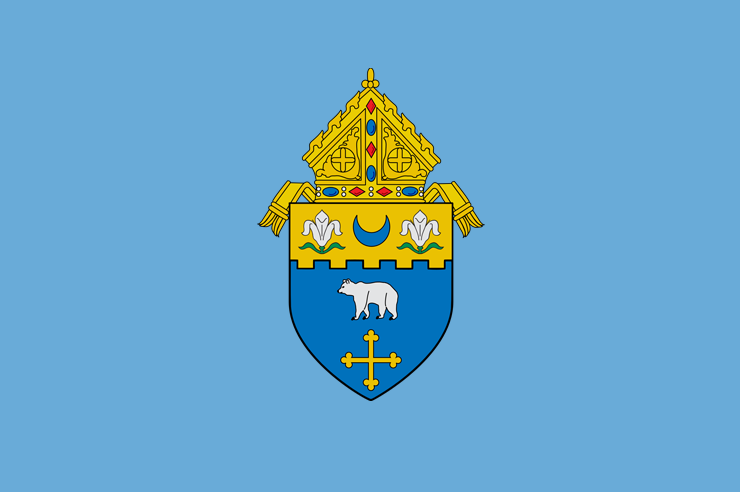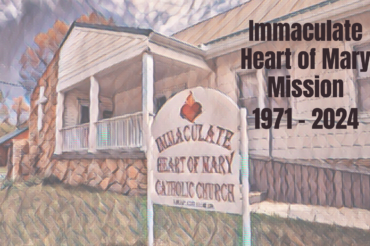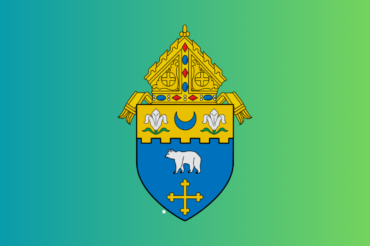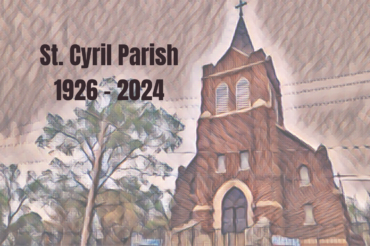Statement on Proposed Reparative Therapy Ban
We recognize the City of Kansas City, Missouri, has a compelling interest in protecting the well-being of all residents, especially minors. The Catholic Church shares this goal. However, the proposed City Ordinance NO. 190902 fails in this objective; in fact, it will prove counterproductive because it infringes on the patient-practitioner relationship, parental rights, and religious liberty.
First, the Ordinance seeks to amend Chapter 50 of the Code of Ordinances, “Offenses and Miscellaneous Provisions,” by enacting a new Section 50-234 in Article VII to “protect the physical and psychological well-being of minors” by banning what it refers to as “conversion therapy or reparative therapy by licensed providers.” However, “conversion therapy” and “reparative therapy” are not well-defined clinical terms. There are many safe, accepted, and successful forms of therapy that could be so labeled. Most are “talking therapies” and do not involve harmful or invasive actions by the practitioner. This area of counseling employs a variety of names for different therapeutic interventions. Since the proposed ordinance does not differentiate among various therapies, it is poorly defined and too broad. It will deprive youth in Kansas City of safe, desired, and helpful therapies. Depriving therapy to those who need it is ultimately harmful.
Second, the proposed Ordinance infringes on the patient-practitioner relationship. The Ordinance would bar licensed medical and mental health professionals, social workers, and counselors from using the full range of valid, safe, and effective therapies for those they serve. For example, if a minor is struggling with unwanted same sex attraction or gender dysphoria, this Ordinance would prevent a trained, licensed professional from counseling him/her towards a resolution to those unwanted feelings. These professionals, with years of education and experience dealing with emotional and mental health issues, would be handicapped in helping clients struggling with highly personal issues. The proper oversight of such care resides with health professionals rather than lay legislators. All these professionals are bound by professional codes that prohibit hindering a patient or client’s right to self-determination. For example, the American Psychological Association’s Ethical Principles of Psychologists and Code of Conduct (2016) states under Principle E: Respect for People’s Rights and Dignity: “Psychologists respect the dignity and worth of all people, and the rights of individuals to privacy, confidentiality, and self-determination.” (https://www.apa.org/ethics/code/ethics-code-2017.pdf) This and similar Codes for social workers and mental health professionals prohibit harmful or coercive treatment of patients, especially minors.
Third, since the proposed Ordinance is focused on minors, it directly impacts parental rights. The Catholic Church, along with society at large, recognizes that parents have primary responsibility for the upbringing, education, and general well-being of their children. However, the broad-based ban proposed here would violate parental rights to make crucial decisions in the best interests of their children. By impairing the freedom to choose safe and effective therapies for children struggling with unwanted or confusing feelings, the ordinance would deprive parents of the help and guidance of trained and licensed professionals.
Finally, the Ordinance jeopardizes religious liberty. Since the Ordinance proposes to ban “any practice or treatment that seeks to change an individual’s sexual orientation or gender identity, including efforts to change behaviors or gender expressions or to eliminate or reduce sexual or romantic attractions or feelings toward individuals of the same gender” (emphasis added), rather than merely addressing harmful sexual orientation change efforts, it would also prohibit simple speech regarding what a religion teaches about human sexuality. For instance, if a student in a Catholic school were to ask a school counselor what the Church teaches about human sexuality, the Ordinance could be read to prohibit the counselor from fully answering that question even as a mere statement of fact. Although the Ordinance adds that, “it is the City Council’s intent that this ordinance regulate professional conduct and the manner in which therapeutic treatment is delivered, but does not otherwise prohibit or limit proponents or opponents of conversion therapy to speak about gender or sexual orientation conversion publicly and privately, including to their minors in forms other than therapy” (emphasis added), since the school counselor might reasonably expect that the student could “change behavior” in view of Church teaching, such advice might be construed as illegal. In fact, the proposed Ordinance may even violate the First Amendment’s protection of freedom of speech: because it bans specific “therapeutic counseling” based on the message it conveys – for example, Catholic teaching that same-sex conduct is immoral – the Ordinance qualifies as a content-based speech restriction. The Supreme Court of the United States has repeatedly stated that content-based restrictions of speech are presumptively unconstitutional. See, e.g., R.A.V. v. City of St. Paul, 505 U.S. 377, 382 (1992) (“Content-based regulations are presumptively invalid.”)
Please know that we share the desire to promote the healthy development of youth. However, the ordinance as it stands would deprive minors of access to genuinely helpful therapies and risk penalizing many who seek to assist them. In light of these significant concerns, we ask that the City Council of Kansas City, MO, not approve of the proposed City Ordinance NO. 190902.





